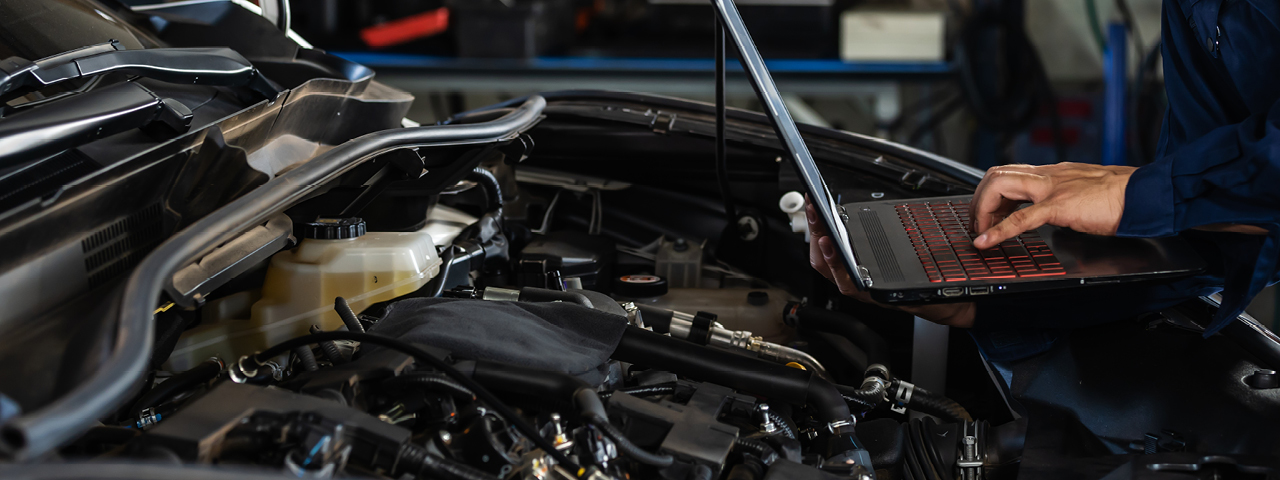
OEM Repair Procedure
The Issue
Multiple states have introduced legislation requiring repairers to follow OEM repair process and procedures for collision repair or requiring consumer consent for the use of aftermarket parts. On the surface, the idea of requiring collision repairers to follow stated repair procedures makes sense. However, the vehicle manufacturers always recommend the use of original or genuine OEM parts in the repair procedures. As a result, this type of requirement becomes a de facto ban on all auto parts except OEM parts. Some industry groups have specifically tried to exempt parts in the language of legislation, but OEM statements are not consistent with repair manual language. OEMs, or vehicle manufacturers, have specifically distributed statements that they do not approve the use of aftermarket, recycled or crash parts.
Our Position
The Auto Care Association, on behalf of the industry, is opposed to any effort to restrict the use of aftermarket, recycled, or crash parts. There is no body of research, no individual study or any data to support the implication that aftermarket parts are inferior to OE parts. In fact, they are often produced by the same company, but may come in a different box. The only difference is that the OE part often costs more than its non-OE branded equivalent, meaning increased repair and insurance costs for consumers. Further, since aftermarket companies can view OE parts in-use, our aftermarket companies often are able to correct problems with the component that were discovered after the vehicle was on the road. Such action translates into the ability of aftermarket parts to provide both improved vehicle reliability and safety.
How This Impacts You
For parts manufacturers, distributors and suppliers, this type of legislation infers that the use of aftermarket parts is inferior to original equipment manufacturer parts. In fact, the availability of non-original equipment parts provides consumers with an affordable quality option from the often-high priced parts available from the vehicle manufacturer. Not only would this type of legislation create higher repair costs for consumers, but it would threaten an industry that generate $380B in sales and 2.2% of GDP, while perpetuating a negative perception to consumers that aftermarket parts are inferior.
Take Action
Keep an eye out in your email for Auto Care Association action alerts as new legislation is introduced in state legislatures across the country to receive updates about what Auto Care is doing on your behalf and how you can help. Also see the resources section below which provides the most recent items Auto Care has taken on behalf of the industry to defeat this harmful legislation.





